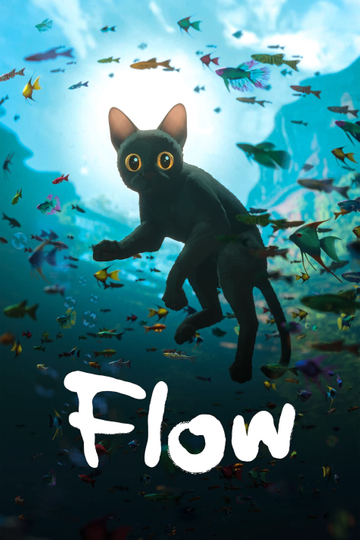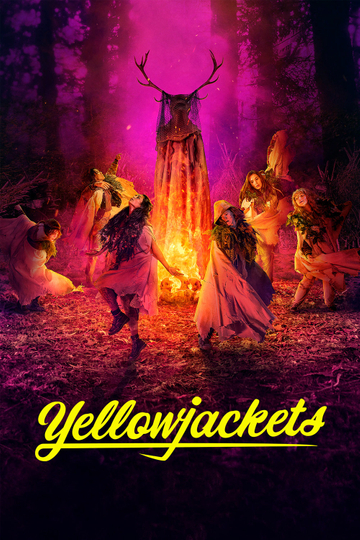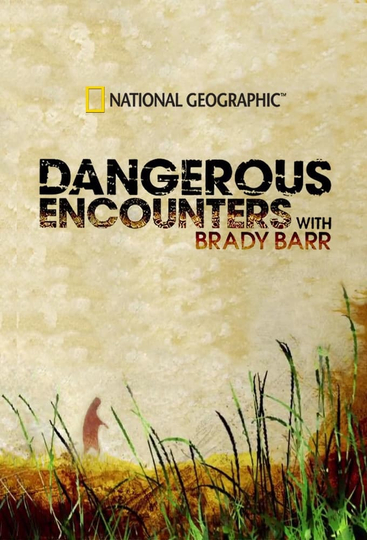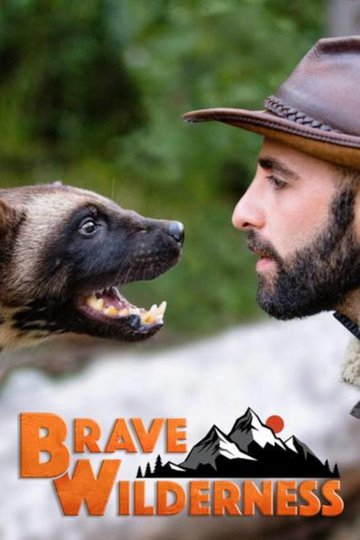Season 2009 Episodes
1. Jurassic Shark
Plunging to extreme ocean depths, braving frigid waters, and dodging razor sharp teeth, Brady Barr is on a quest to get close up to one of the worlds most mysterious, deep-sea sharks- the giant sixgill shark.
2. Croc Crisis
Journey to Kruger National Park with Dr. Brady Barr and discover how rising water levels in the Olifants River are threatening the largest concentration of Nile Crocodiles in Southern Africa.
3. Clash of the Giant Salamanders
Typically they fit in the palm of your hand, but some salamanders grow to human-sized proportions. To determine the king of all salamanders, Dr. Brady Barr goes in search of the "big four" of giant salamanders.
4. Return to the Python Cave
Cave ins, flash floods, bats and noxious levels of carbon dioxide couldnt keep National Geographic Herpetologist Dr Brady Barr from his quest for a twenty-foot python. Not even the memory of the traumatic bite from a 12-foot python could keep him away. This time he prepares himself for the dangers that lie in the cave with a visit to Bracken Cave in Texas home to 20 million bats that raise the carbon dioxide levels treacherously high with every exhale, not to mention their guano. Then Bradys back in Indonesia, dodging deadly vipers, trudging through waist deep guano and heading into the cave where he was bitten a year ago in search of a monster python. Hes going deeper, braving the dangers of the cave and using new techniques to try to capture one of the biggest snakes he has ever captured in his career.
5. Hog Wild
Dr. Brady Barr steps out of his element to study a barnyard animal that's turned into an invader - the feral hog. With a bite force as strong as a wolf's, and a tendency to reproduce like rabbits, these hogs have become an epidemic problem.
6. Deadly Australia
Australia is home to some of the most venomous creatures on the planet. In fact, there are more toxic animals per square foot here than anywhere else. What is it about this place? To find out, Dr. Brady Barr teams up with local experts to come face to face with seven deadly creatures and uncover the how and why behind their lethal punch. In countdown format, Brady will rank each animal in four categories: venom, attitude, chance of contact, and death toll. Which animal will he crown the number one venomous culprit in Australia?
7. Instant Death
Classic ambush predators like crocs and snakes use camouflage and speed to capture their prey - sometimes faster than the blink of an eye. How do they do it? To find out, Dr. Brady Barr goes head-to-head with some of the most dangerous ambush predators on the planet. Hell trigger their strikes and film them on high-speed video. Then hell slow down those strikes, calculate exactly how fast they come at him, and deconstruct their movements to learn the biomechanics of how these ambush predators strike to kill. Brady will compare the strikes of animals like the rattlesnake, crocs, cheetahs, the slingjaw wrasse, and the mantis shrimp, and then hell perform cutting-edge reaction-time tests to find out if he stands a chance of avoiding the strike of an ambush killer.
8. Super Snake
National Geographic reptile expert Brady Barr is on the trail of a mysterious beast some say is a dinosaur, a brontosaurus-like creature reminiscent of Scotland's Loch Ness monster. Brady's research pays off in a face-to-face encounter.











































